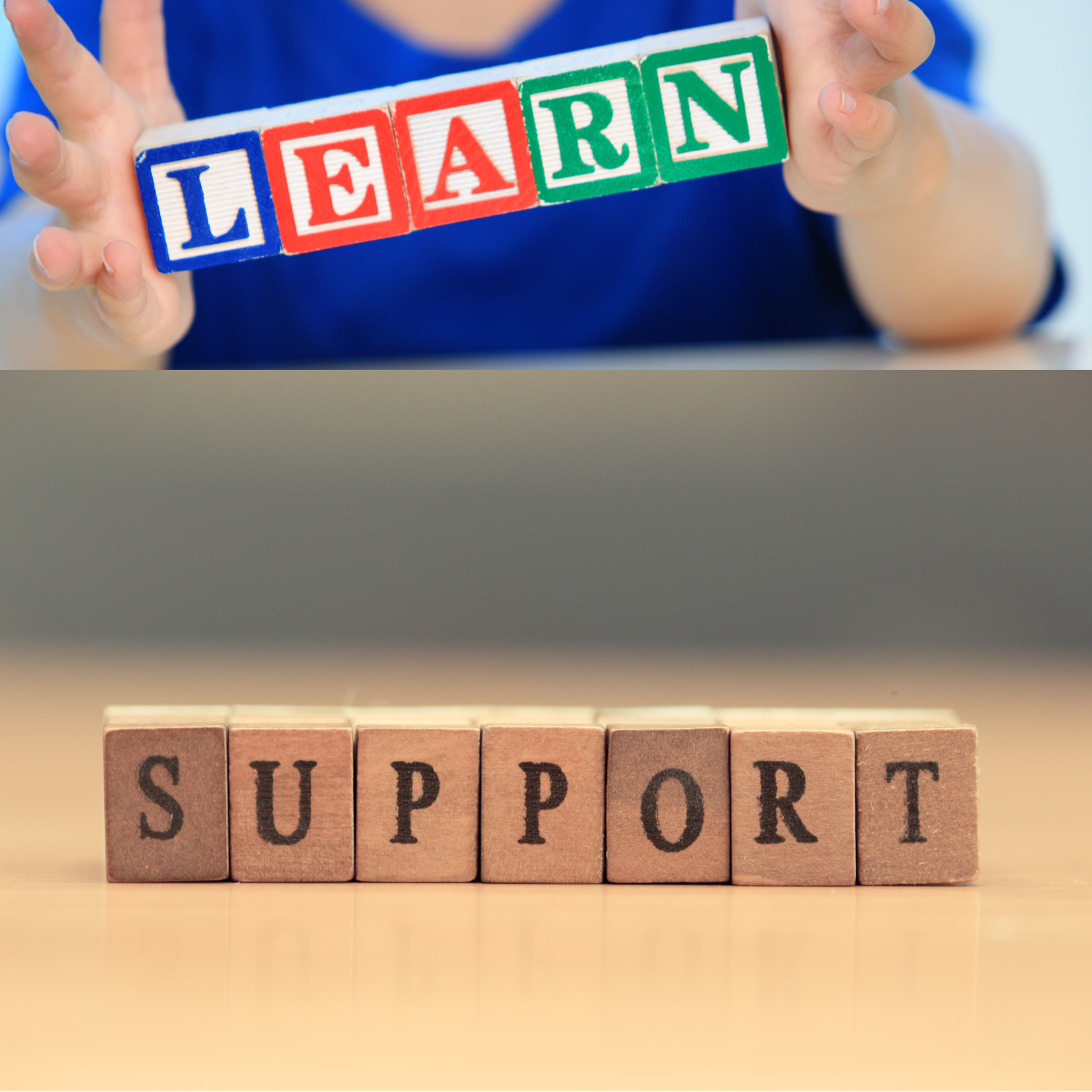What does a Special Education Advocate Do?
One of my earlier blogs talked about the steps involved when the school contacts the parent about the need for special education testing. In that blog, I wrote about my time in special education meetings with parents who would ask questions about the need for special education or what things meant in the meetings. Sometimes they didn’t ask questions, but it seemed they wanted to. If you are in a special education meeting and are lucky enough to have a relationship with the staff to ask questions, that is a wonderful thing for you and your child. If you're unsure about what questions to ask or how to get what your child needs for their education, having a special education advocate can provide guidance.
This is where a special education advocate can and will be beneficial. The primary purpose of the advocate is to ensure students with disabilities and their families are receiving all the services required by law and have access to the school environment. Special education advocates can fulfill multiple roles for you and your student. They can review your child’s IEP (individual education plan) and help you prepare for upcoming meetings. They can also participate in the meeting with you as an additional voice, facilitating communication between you and the school. They can help to understand the special education process, the assessment process, and the results of the assessment. They should understand how schools work, and they are problem solvers who seek to find winning solutions for the student. They take notes, slow down the meeting, and provide emotional support.
So, when you read the above ways an advocate can help, you may be wondering what makes a paid special education advocate different from your family member or best friend. There is nothing wrong with taking a family member or friend; they know you and your child, and they have your back. The main difference between a family or friend and a special education advocate is the background and knowledge the advocate brings to the table. It is crucial to ensure that when you are talking to someone who is being hired as a special education advocate, they have specialized knowledge in special education, including disabilities, laws, assessment, accommodations, the interworkings of a school district, and school systems. It is beneficial if they are members of special education organizations such as COPAA (Council of Parent Attorneys and Advocates), NASET( National Association of Special Education Teachers), to name a few. It is crucial that the person advertising themselves as an advocate is continuing their professional education, and being a member of professional organizations allows for access to stay on top of the latest trends and information related to special education.
Your child’s education is essential. When your child has a disability, the team you build to support you and your child must have the background, knowledge, understanding, and skills to be a voice for what is right, what is needed, and what is legally required.
Call or email today and let me know how I can serve you, your child, and their special education journey.
